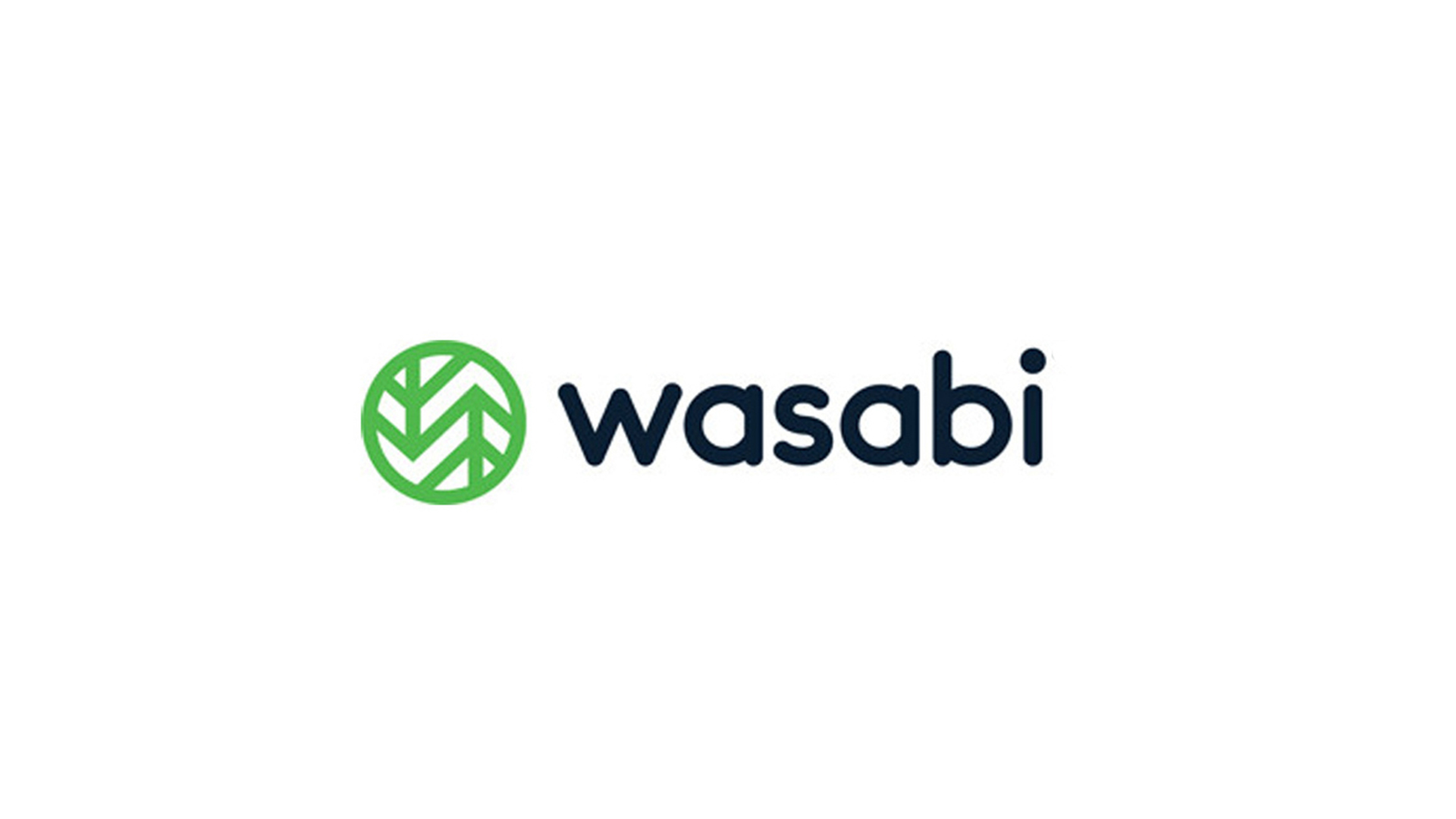Our consumption-based economy is rewriting the vendor-partner relationship
Shifting habits, and everything ‘as a service’, is influencing how technology is being procured and consumed

The past few years have seen some seismic changes in the IT channel landscape. The emergence of new channel players, shifts in purchasing behaviour and changing IT consumption methods are forcing partners to evolve their business models and revenue sources to stay profitable.
One of the biggest of these changes is the move to cloud, subscriptions and everything ‘as a service’. A growing number of vendors are reorganising their operating models and introducing ‘as a service’ sales models for their portfolios in response to customer demand. Against this backdrop, the global health crisis is also forcing many partners to rapidly re-evaluate their business models. As such, there’s a widespread belief that partners will fundamentally change who they are, or what they do in 2021. The traditional categories that once defined a channel partner are disappearing.
The tech buyer journey has also evolved. We have seen the dramatic rise in the use of online B2B marketplaces to purchase technology. After gaining huge traction during the pandemic, it is predicted that upward of 17% of the $3.5 trillion that businesses and governments spend on technology may go through marketplaces this year.
Additionally, buyers used to the convenience of one-click purchases and rapid delivery, provided by the likes of Amazon, now demand the same experience from their B2B tech purchases. Indeed, only a fifth of buyers said they hope to return to in-person sales. This is compounded by a rise in ad-hoc purchasing by different departments, and the influence of tech-savvy Line of Business (LoB) decision-makers. They want subscription-based, pay-as-you-go, easy-to-consume IT, and partners must now deliver that.
The changing partner-vendor relationship
The move to services and subscriptions is causing ripples in the partner-vendor relationship. Vendors are starting to measure partners’ influence on the buyer’s journey - and not just the transaction. For example, partners are increasingly incentivised on the entire buying lifecycle of the deal.
The lines are also blurring when it comes to renewals. The partner has traditionally owned the relationship with the customer, and the vendor hasn’t interacted or transacted with the end-user if the sale is serviced through a partner. But when you look at the future of supply subscription renewals, it’s multi-dimensional – it’s not binary.
Elsewhere, there’s been a massive shift within the vendor-distributor relationship. If you bypass distribution to deal with thousands of end-user customers directly, it is a whole different game. Distribution is in survival mode. Distribution is no longer warehouses with forklifts and trucks, with people picking, packing and shipping. Distribution, like resellers and VARs, has been forced to reinvent itself.
ChannelPro Newsletter
Stay up to date with the latest Channel industry news and analysis with our twice-weekly newsletter
So, we’re seeing them pivot to an aggregation model – distributors have been making huge investments in cloud software platforms, or those online marketplaces we talked about. So, with distribution acting as an aggregator, a VAR can pick and procure from multiple vendors and products in one session. This enables vendors to resell their products, but distribution still takes care of the credit risk or the local currency. But again, it poses the question of what impact this will have on value-added, two-tier distribution.
Intelligent selling and services are the future
It’s important to remember, however, that even in today’s subscription-based economy, IT still needs to be installed and architected, and workloads need to be migrated. But, for partners to stay relevant – and hopefully thrive – there’s a couple of things they absolutely have to do.
Provide services: Today, a lot of what drives partners’ value is competency. It’s having the right competency to provide professional services, whether that’s competency in healthcare, applications, database, architecture, deployment, or all of the above. Services will enable ongoing customer intimacy over time.
Deliver customer success: This is the future. It’s important because when a customer purchases and consumes something today, you want to ensure that, firstly, they’re getting what they paid for, and, secondly, that they are adopting it. Software is complex, and adoption is just as critical as obtaining value from what they purchased. If they get value, when the partner comes back to that customer in a year or two, it’s going to be an easy renewal.
Also, consider how incredible it would be if, as a vendor, we could securely, privately and carefully provide partners that have been certified with us under a partner customer success programme with telemetry from the end-user customer as to how are they consuming the technology that they purchased? How is that experience? Are they adopting all of its features?
This is the future of the channel. Because now, with this new dimension of information, data and telemetry, partners will be able to drive more value in their services. They’ll be able to do some incredible and important things around proactive and reactive selling. It’s about meeting up with data and insight, not just the normal regular health check meeting with coffee and doughnuts. It’s intelligent selling and it’s a very different narrative. That’s the future of the channel - and we must remember that services are key to that future in the subscription-based model that our customers are moving towards.
Christian Alvarez is SVP of worldwide channels with Nutanix
-
 Why keeping track of AI assistants can be a tricky business
Why keeping track of AI assistants can be a tricky businessColumn Making the most of AI assistants means understanding what they can do – and what the workforce wants from them
By Stephen Pritchard
-
 Nvidia braces for a $5.5 billion hit as tariffs reach the semiconductor industry
Nvidia braces for a $5.5 billion hit as tariffs reach the semiconductor industryNews The chipmaker says its H20 chips need a special license as its share price plummets
By Bobby Hellard
-
 Selling on outcomes, not solutions – how the channel can improve sales success in 2025
Selling on outcomes, not solutions – how the channel can improve sales success in 2025Industry Insights The traditional solutions-led approach to channel sales needs to be adapted – here’s how
By Phil Skelton
-
 Wasabi Technologies promotes Jon Howes to SVP of global sales
Wasabi Technologies promotes Jon Howes to SVP of global salesNews The industry veteran will lead the cloud storage firm’s global sales operations as it looks to further growth
By Daniel Todd
-
 Why technology resellers are essential to UK government
Why technology resellers are essential to UK governmentIndustry Insight Technology resellers can play a pivotal role in supporting public sector digital transformation
By Sean Collins
-
 How the channel can maximize market opportunities for business growth
How the channel can maximize market opportunities for business growthIndustry Insight Adapting to emerging technology trends, fostering closer client relationships, and building a strong online presence will be key to maximizing channel growth
By Anton Shelepchuk
-
 Understanding the customer journey is key to building stronger client relationships
Understanding the customer journey is key to building stronger client relationshipsIndustry Insight Understanding the complexities of the modern customer journey will be key to fostering robust, long-term relationships with clients
By Tony McNish
-
 Building channel resilience in 2023 and beyond
Building channel resilience in 2023 and beyondIndustry Insight Building a resilient, robust channel ecosystem could be key to weathering current economic trends
By John Nolan
-
 Veritas bolsters partner program with new incentives and rewards
Veritas bolsters partner program with new incentives and rewardsNews A simplified channel platform process will enable partners to focus on their core strengths in FY24, the company says
By Daniel Todd
-
 New Aryaka reseller program offers up to 35% deal margins
New Aryaka reseller program offers up to 35% deal marginsNews The SD-WAN and unified SASE specialist is aiming to “reignite” its reseller partnerships
By Daniel Todd